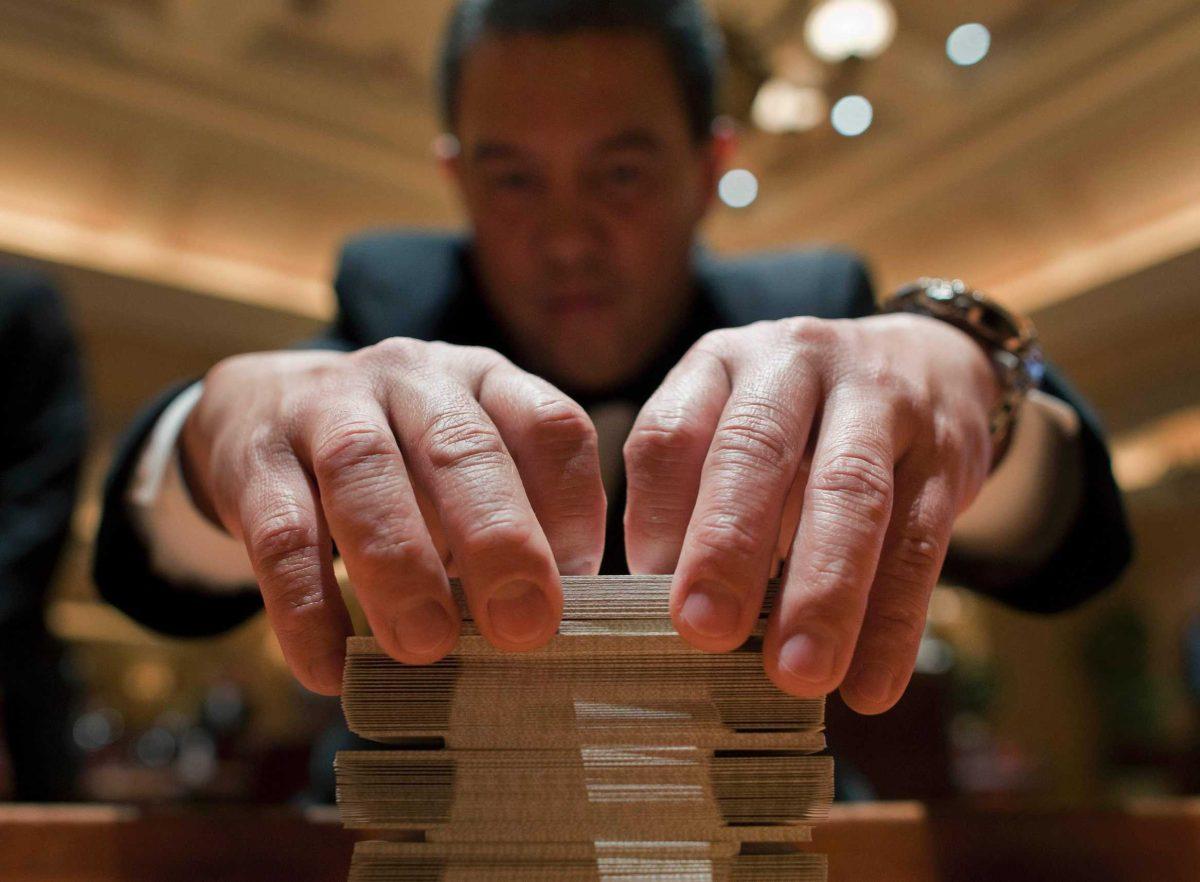A new interpretation of a half century’s worth of legislation gave the gambling industry a very big Christmas present.
On Dec. 23, the U.S. Department of Justice updated its long-held ruling on the Interstate Wire Act of 1961. Colloquially known as “The Wire Act,” it was designed to prohibit any kind of betting via telecommunication devices that crossed state lines or borders.
The new decision only prohibits online sports betting, opening up the door for states to legalize any other form of virtual betting. Prospective websites would be able to offer various wagering options, including poker, casino games, lotteries and bingo.
This ruling could not come at a better time, when states are imposing savage fiscal austerity measures on imperative programs such as higher education, Medicare and Medicaid.
University students have first-hand knowledge of these spending cuts, as the past two years have seen the University’s state appropriations cut by more than $45 million, resulting in the elimination of many programs and services along with the loss of about 400 would-be positions — nearly half of which were faculty jobs.
Now states can begin putting a halt to the budget cuts and attempt to reduce deficits by cashing in on their residents’ optimism — by legalizing and taxing Internet gambling.
The Joint Committee on Taxation, led by members of the Senate and the House of Representatives, issued a report claiming federal and state taxes imposed on Internet gambling firms would net $42 billion for the federal government and $30 billion for state and local governments over a 10-year period. The American Gaming Association, a casino industry trade group, made a similar estimation.
But there are other beneficial aspects to virtual gambling aside from tax revenues.
Rep. Barney Frank, D-Mass., who leads the Financial Services Committee, said there are jobs and economic impacts to be seen with online gambling. A recent study released by H2 Gambling Capital, a data and market intelligence supplier for the worldwide gambling industry, indicated that approximately 25,470 jobs would be created in the next five years from the regulation of online gambling.
Not all are pleased with the Department of Justice ruling, however.
The most vocal critic was Rep. Spencer Bachus, R-Ala., who made outlandish claims devoid of reason or logic that online gambling leads to crime and hurts youths.
Bachus’s demagoguery culminated in 2008 at a House Financial Services Committee — part of an earlier attempt to legalize online gambling — when he misinformed the assembled crowd that McGill University conducted a study linking one-third of college students who gamble on the Internet to ultimately committing suicide. He further concluded an increase in gambling is “why the rate of suicide on college campuses had doubled in the past 10
Share the Wealth: Online gambling law re-interpretation helps economy
January 27, 2012
Baccarat dealer Ramiro Nepomuceno shuffles cards Wednesday at the MGM Hotel and Casino in Las Vegas.







